Demographics of African Faculty Study: Ghana
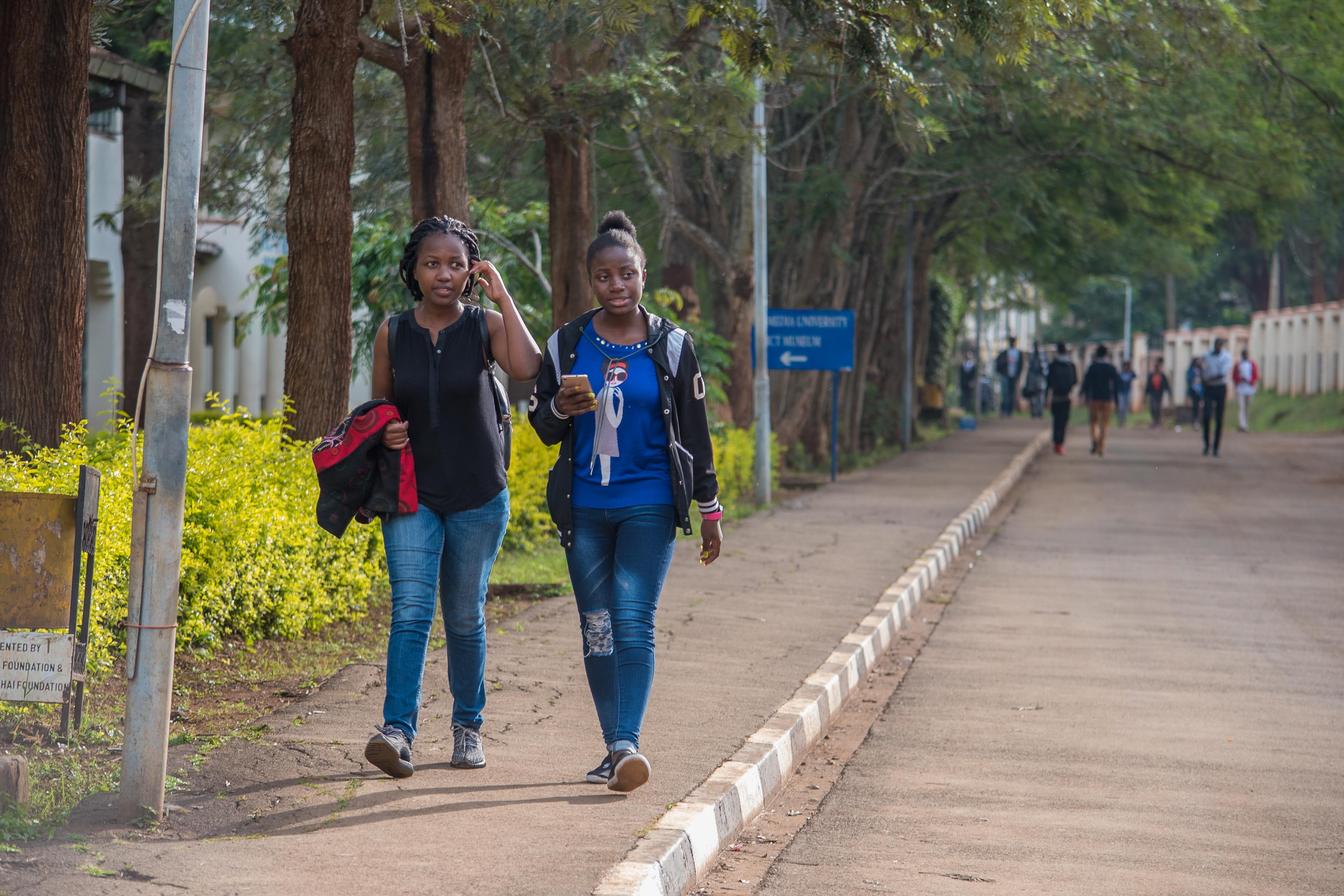 Photo:
Frank Odwesso
Photo:
Frank Odwesso
Demographics of African Faculty Study: Ghana
The Demographics of African Faculty (DAF) study investigated the scale and nature of the faculty crisis in Ghana. In 2018, a consortium – made up of the Association of African Universities (AAU), Education Sub Saharan Africa (ESSA), and the Population Reference Bureau (PRB) – in partnership with the Ghana National Council of Tertiary Education (NCTE) now the Ghana Tertiary Education Commission (GTEC), commissioned this study.
This study aims to improve faculty planning across sub-Saharan Africa in order to ensure that there are enough qualified teachers. ESSA and its partners hope to influence the scale and nature of investment in high-quality faculty to match both need and demand by gathering facts, changing the discourse, and developing robust planning tools for higher education institutions.
Findings
-
Despite the growing number of private universities in Ghana (81 in total in 2016/2017), their share of students’ enrolment from 2014/2015 to 2016/2017 did not proportionately match the increase in students’ enrolment in the nine (9) traditional public universities, which accounted for over 47 percent of enrolment.
-
Students’ Teacher Ratio across universities did not comply with the policy norms.
-
Gender inequality persisted among academic subjects and levels of seniority. In the 2016/2017 academic year, only 10 out of 120 faculty with the rank of full professor at public universities were women.
-
To achieve desired student teacher ratios, it would require hiring an additional 3,410 faculties and 71 percent would need to be women.
Recommendations
In light of the evidence presented above, the AAU organised a stakeholder engagement meeting on 25 April, 2019, involving a cross-section of heads of Higher Education Institutions (HEIs) in Ghana to co-create solutions and decide on the next actions. The following evidence-based recommendations were proposed by stakeholders to inform faculty planning and strengthen higher education service delivery in Ghana.
-
Revise the universities and polytechnics policy norms to reflect the realities of the sector.
-
Develop a faculty planning tool for effective data collection, faculty planning, and recruitment.
-
Develop an African jobs board to foster academic mobility across HEIs in Africa.
Progress so far
Evidence to Inform Faculty Planning in Ghana
-
In 2018, ESSA and the GTEC agreed to use the key findings and recommendations to inform the revision of GTEC policy norms and the development of a faculty planning tool for effective data collection, faculty planning, and recruitment. The first draft of the revised norm was presented at a stakeholder engagement meeting in April 2022 for input and buy-in from stakeholders. The Faculty Planning Tool is nearing completion, with data entry, analytics, and reporting features installed.
Extending the DAF study to the East African Community
-
The DAF consortium extended the study to the East African Community in 2021 with funding from the Carnegie Corporation of New York.
The development of the Edujobs Africa platform
-
AAU, ESSA, and the Warwick Employment Group collaborated in 2018 to create the African Jobs Board system. The Edujobs Africa platform aims to increase the visibility of higher education jobs in Africa and to retain academic talent within Africa.
Publications
Partners
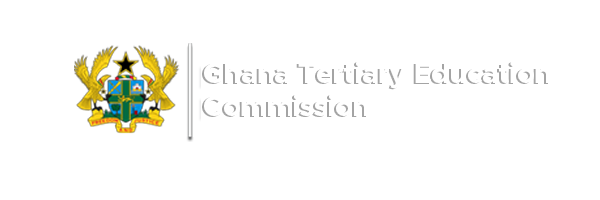
The Ghana Tertiary Education Commission (GTEC) is an agency of the Ghana mandated to assure quality at the tertiary education level.
GTEC is ESSA’s first government partner for the pilot on “Demographics of Faculty”.
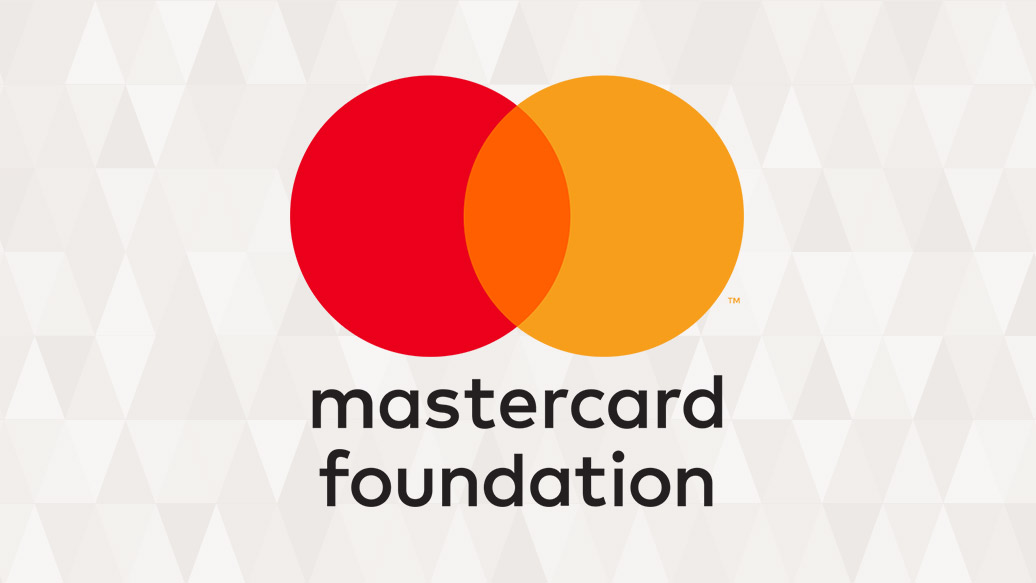
The Mastercard Foundation is one of the world’s leading foundations in the higher education space, with a strong presence in Africa especially in capacity building and scholarships. The Mastercard Foundation was a natural partner for ESSA on the “Demographics of Faculty” project providing funding for the Ghana pilot as well as other support and insights.
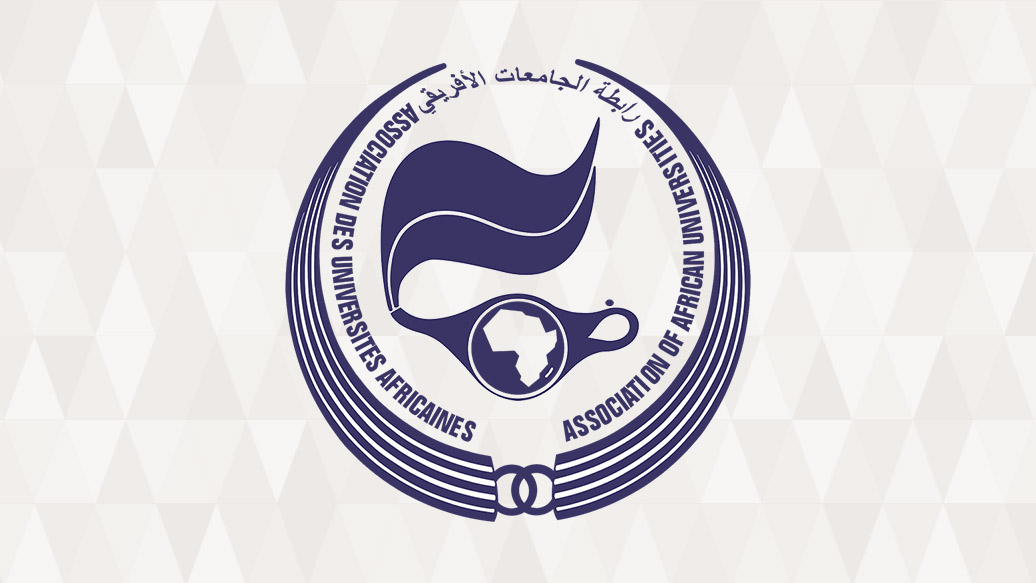
AAU is one of the key players in higher Education in Africa. With almost 400 members its mission is to enhance the quality and relevance of higher education in Africa and to strengthen its contribution to Africa’s development.
AAU formed a partnership with ESSA in 2017, and we have been working together on a range of projects, most notably the “Demographics of Faculty” and the creation of a “Pan African Academic Jobs Board”.
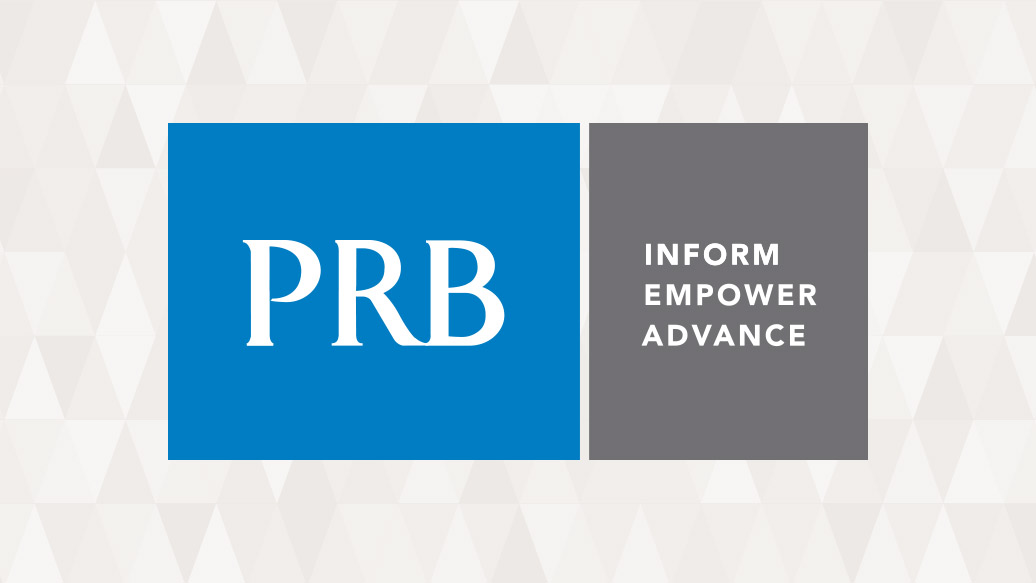
The Population Reference Bureau (PRB), in Washington DC, is one of the world’s leading demographic institutions. It informs people around the world about population, health, and the environment, and empowers them to use that information to advance the well-being of current and future generations.
PRB works with AAU and ESSA on the Demographic of Faculty initiative.